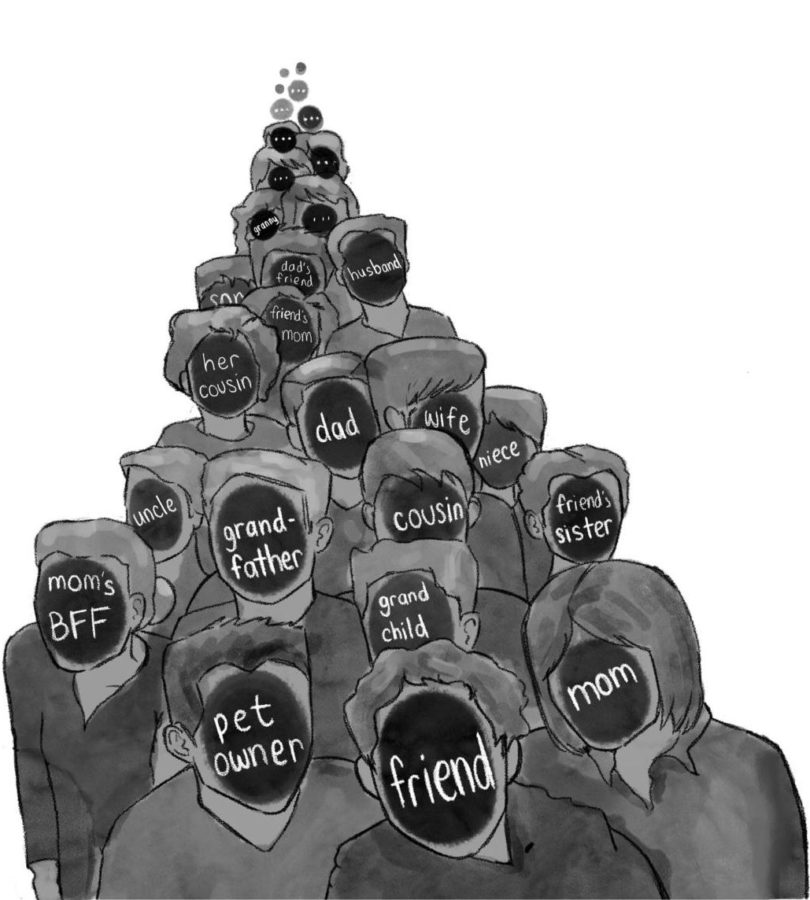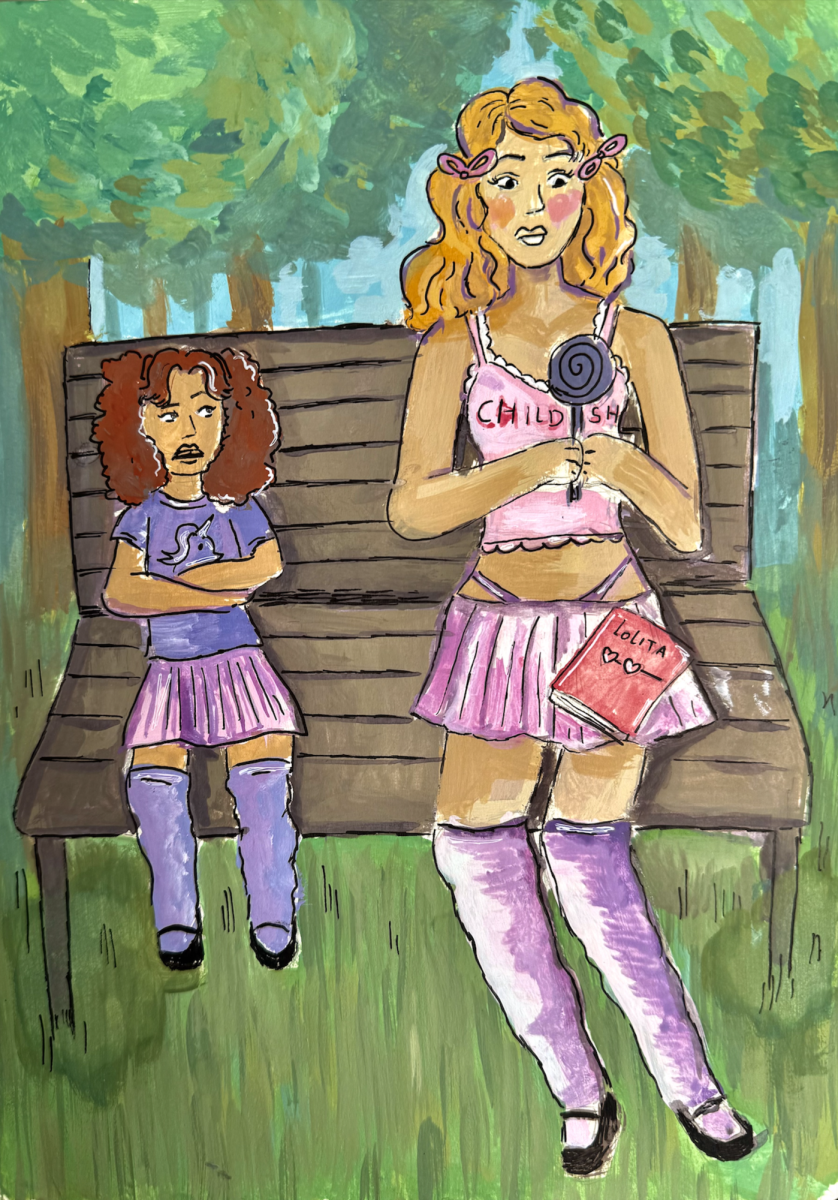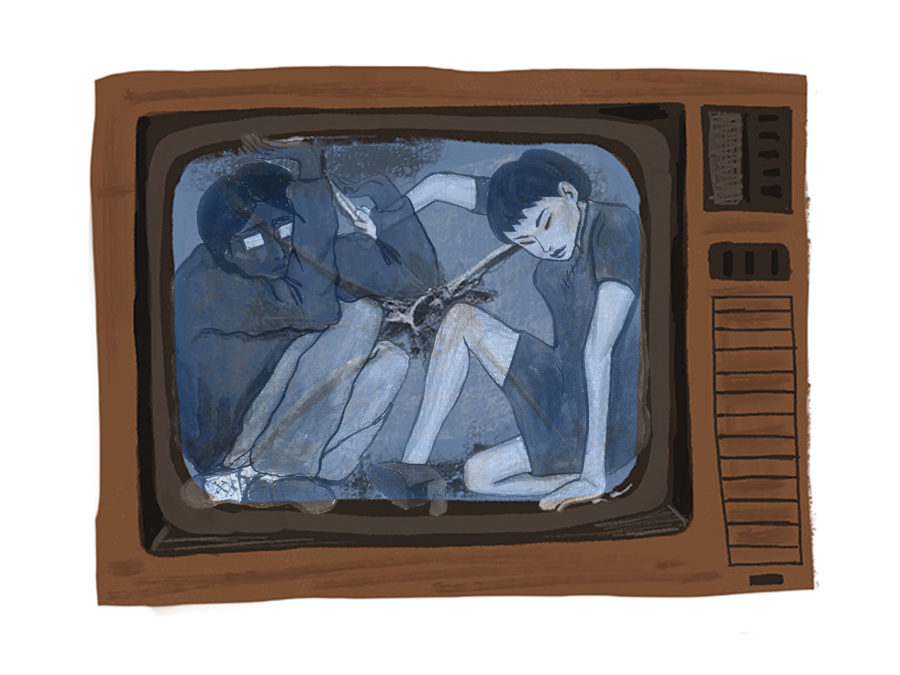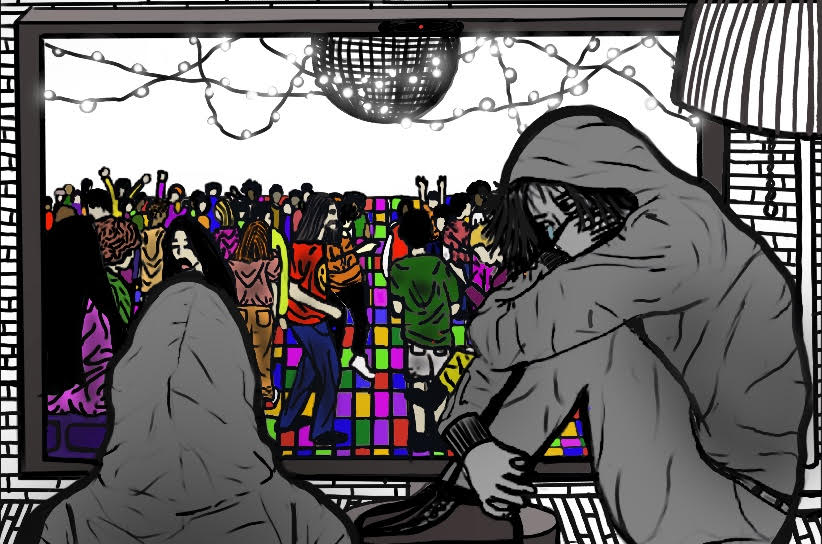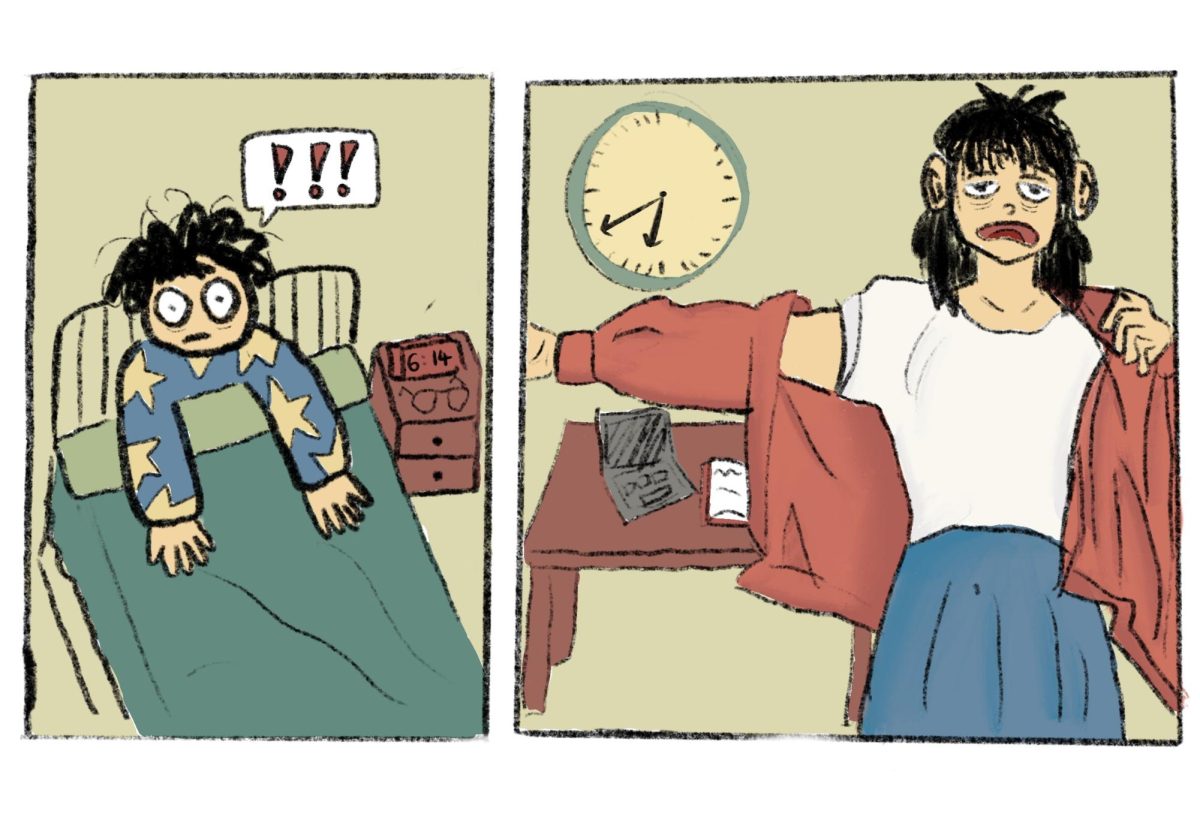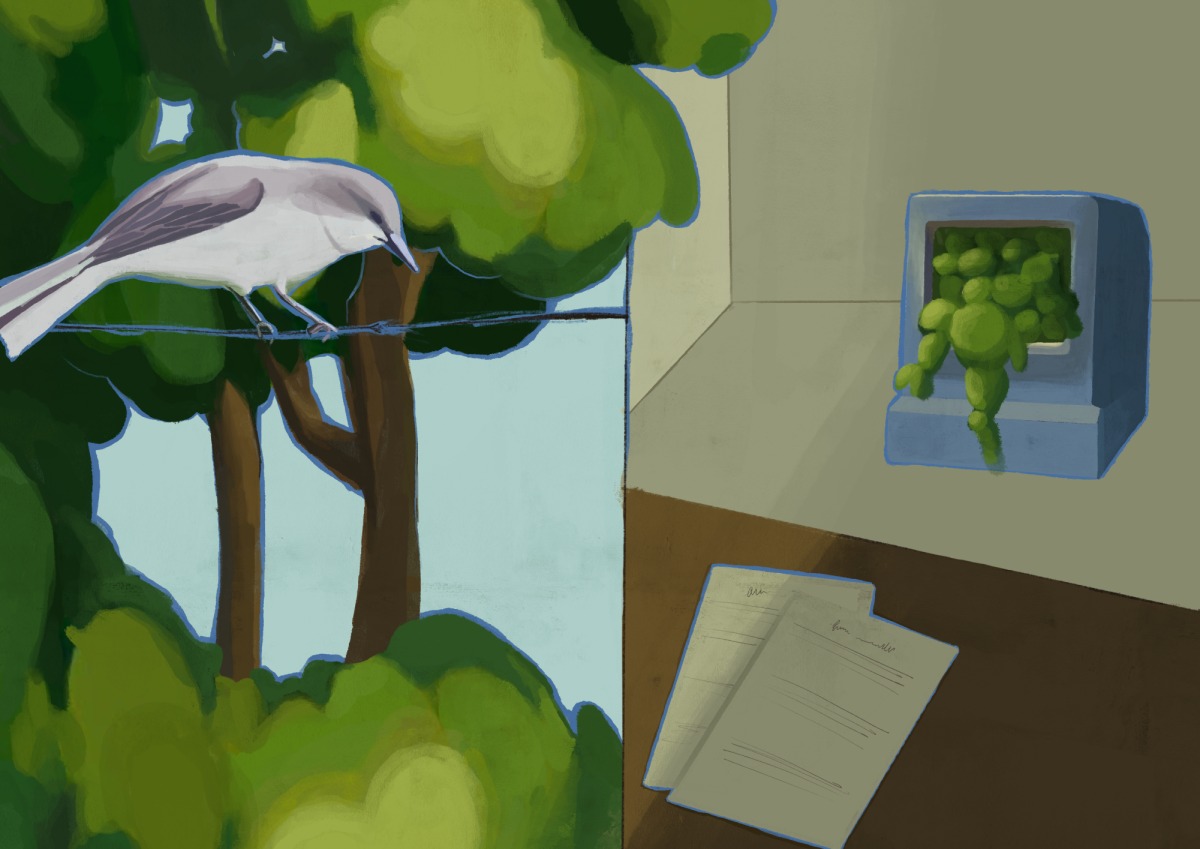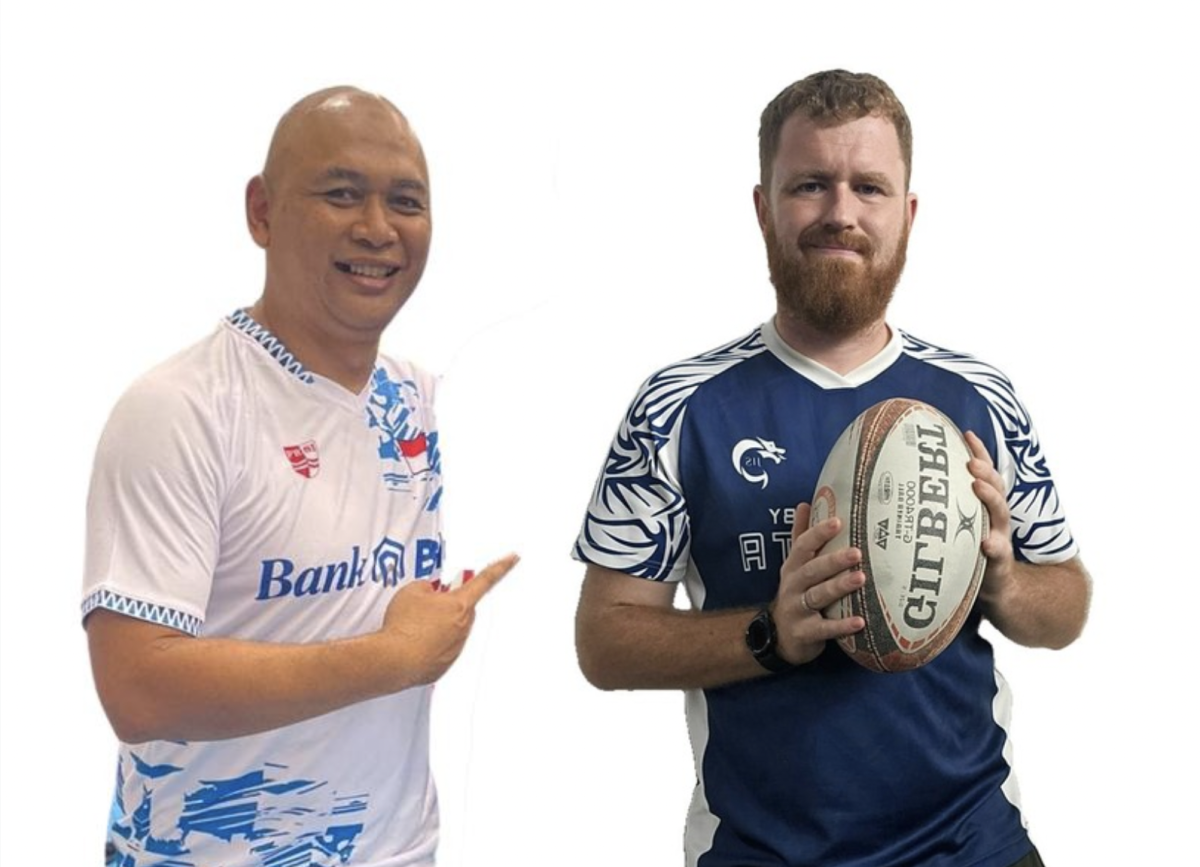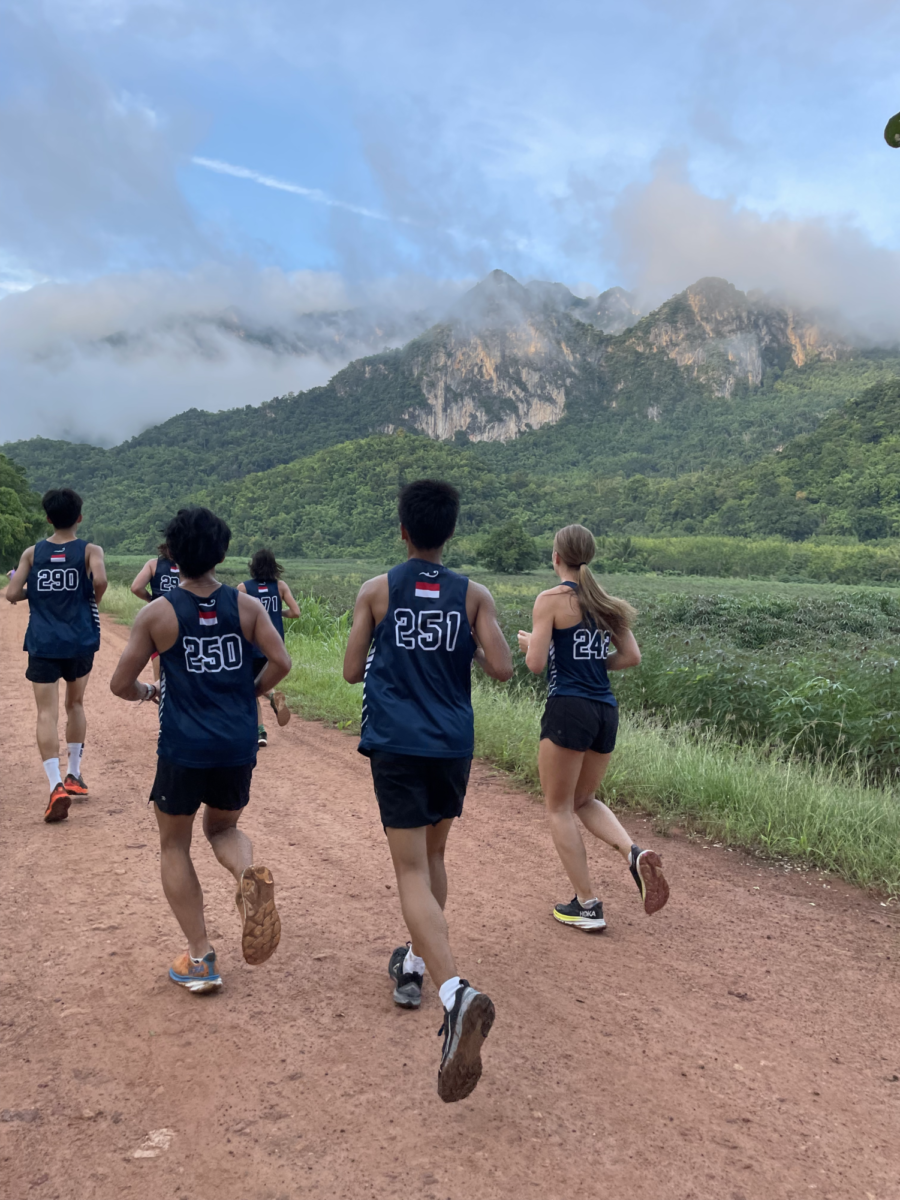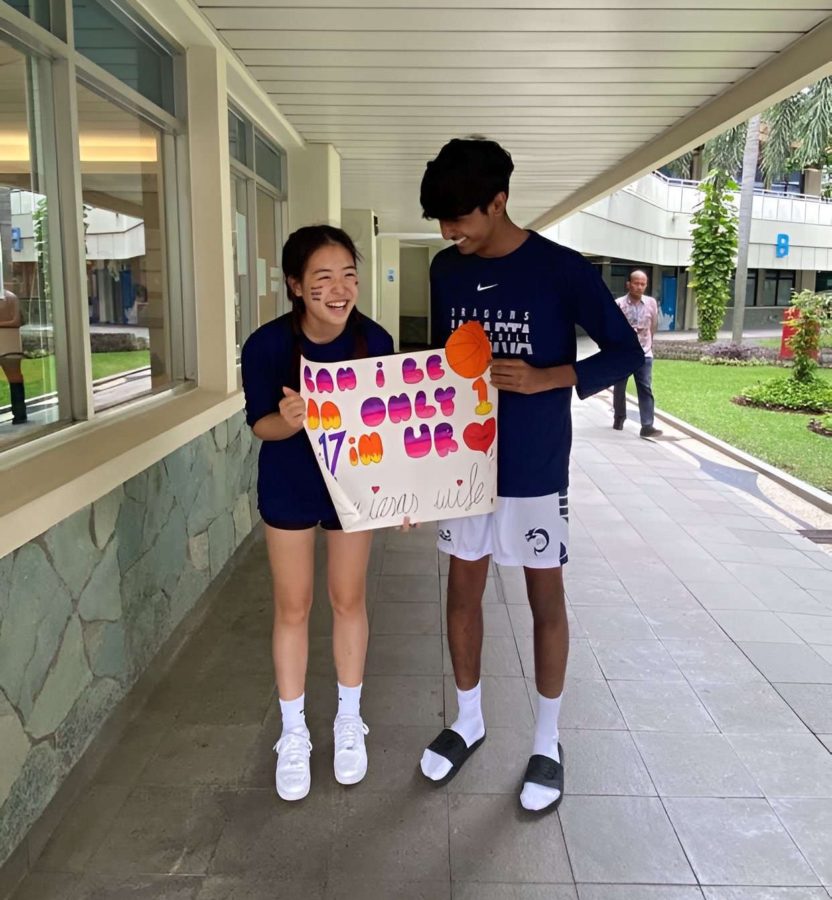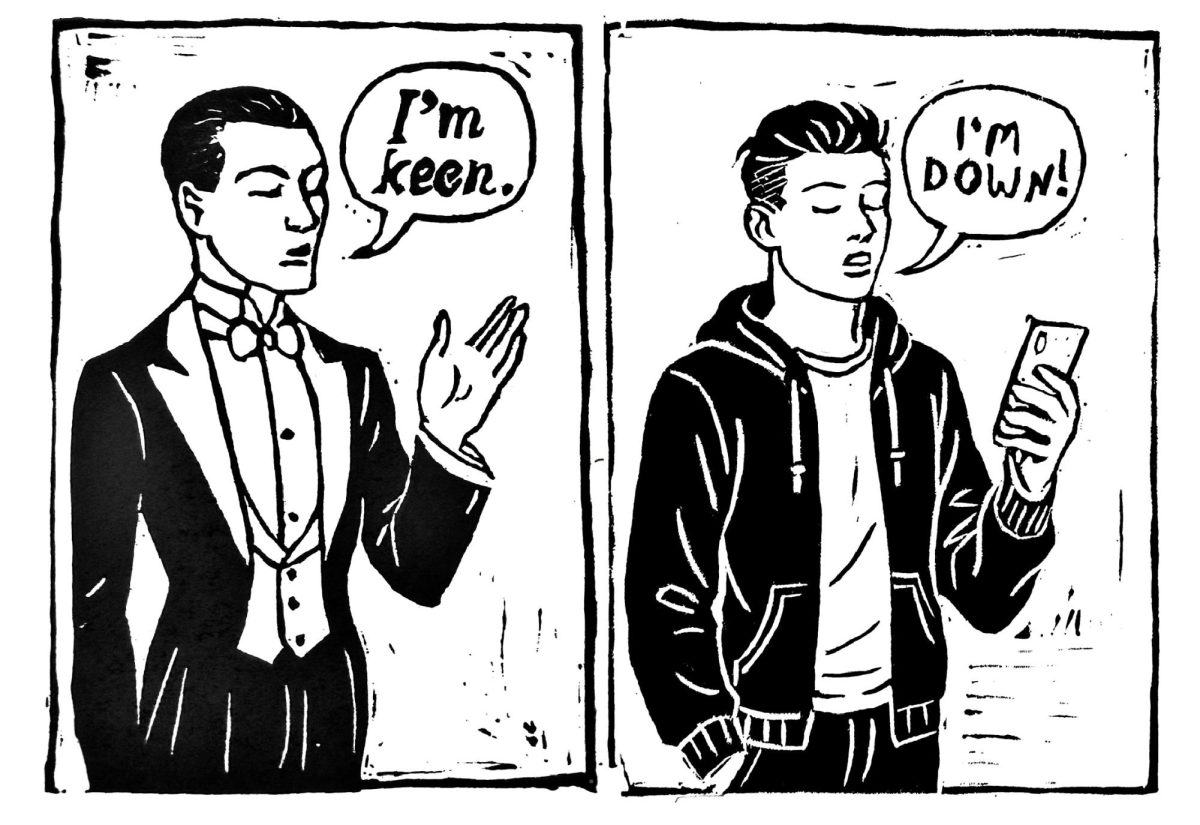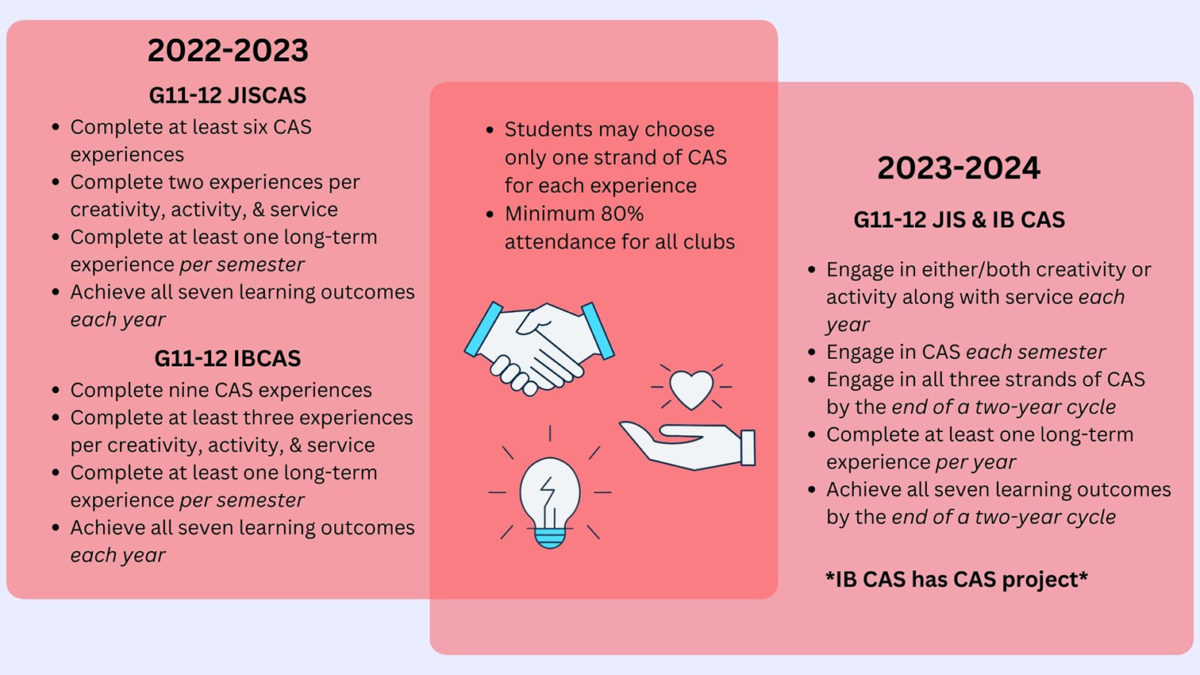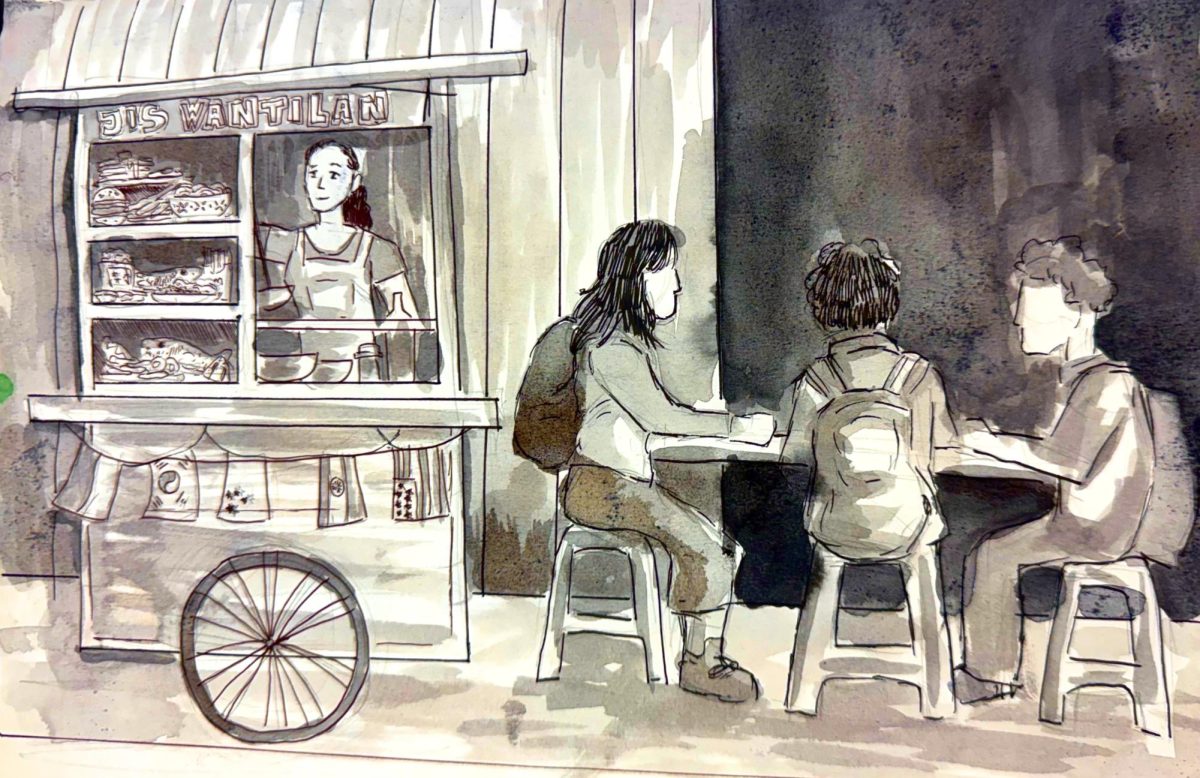Over the past two years, the JIS Service program undertook numerous modifications, from restructuring service clubs into eight distinct networks to adopting the SMART goal plan. This year, the service program is changing once again under the leadership of its new Service Coordinator, Ms. Richards.
A highlight from last year’s service program was the rich diversity of service clubs. The establishment of the network systems by the prior Service Coordinator, Ms. Berry, effectively minimized overlapping goals and missions across service clubs, all the while fostering cooperation between interrelated ones. This system remains in place this year. Ms. Richards affirms, “JIS still has eight networks with a total of 37 service clubs, each with three officers that went through the Leadership Institute last semester under the guidance of Ms. Berry.”
Yet, a significant challenge many students grappled with last year was the demanding nature of CAS requirements. Juniors and seniors were required to complete at least two or three experiences each in creativity, activity, and service while meeting all seven learning objectives annually. One senior expressed, “I didn’t like how rigorous [CAS] was in the sense that we weren’t allowed to do certain things that would help make service more effective and accessible.”
The rigors of CAS requirements were further complicated by the approval process. Every student’s CAS portfolio was assessed and reviewed by the Weyrhouse supervisors. However, given the large student population, this placed a substantial strain on the limited supervisory team. Delays also occurred for resubmitted reflections. This was especially relevant for previously rejected experiences with insufficient or partially completed reflections. Such delays often led to exacerbated anxiety and unease amongst the upperclassmen.
In response to these challenges, new adjustments have been made this year. Rather than completing a minimum of six or nine experiences by the end of senior year, students can now engage in either creativity or activity each year, alongside their annual service requirement. Ms. Richards asserts, “With fewer requirements to complete a set number of experiences, students can intentionally choose to be engaged in something more deliberate.” However, with more freedom also comes more responsibility, and students have an expectation to uphold their integrity by showing commitment to their clubs and activities.
To streamline the CAS approval process and alleviate some burden from the Weyrhouse team, students should now seek approval from SLA teachers to review their CAS portfolios. This shift aims to foster more direct and efficient communication between students and supervisors compared to the previous system.
“One significant change we’ve implemented is shifting the initial approval process to the SLA teachers,” Ms. Richard asserts. “They’ll also encourage timely reflections, but ultimately, that responsibility lies with the student. The final endorsement, marking an experience as complete, should come from the supervising teacher, not the Weyrhouse team.”
In the wake of such changes, Ms. Richards re-emphasizes that the essence of CAS will always remain the same. Although fewer requirements are mandated this year, students are still expected to spend time and effort cultivating their passions, hobbies, and interests outside of their academics. As she states, “These changes were made to allow students to engage in more meaningful and purposeful experiences. In the end, the purpose of CAS is for the students, not for the requirements of CAS.



